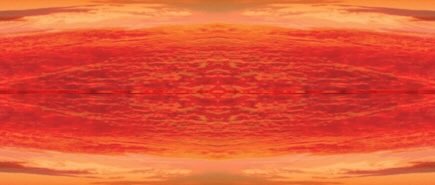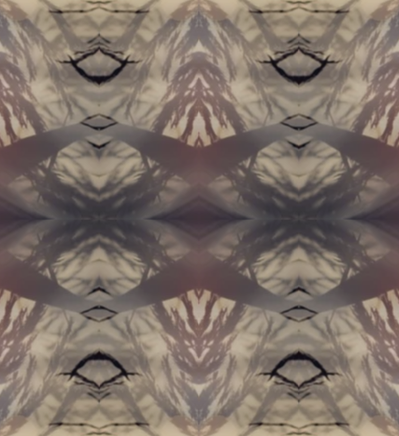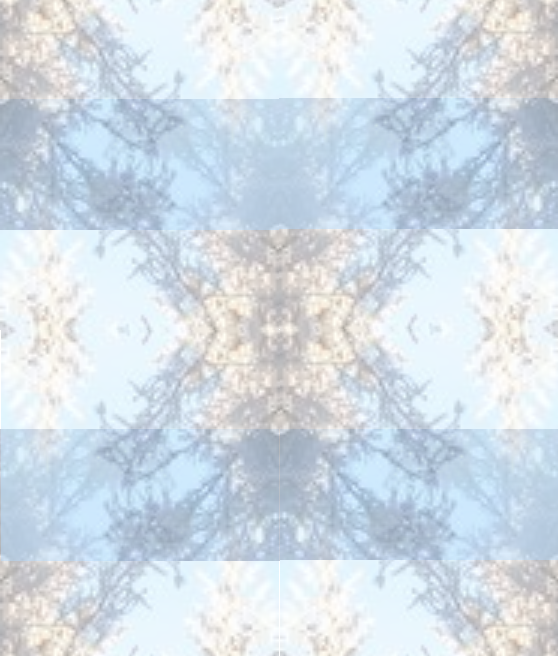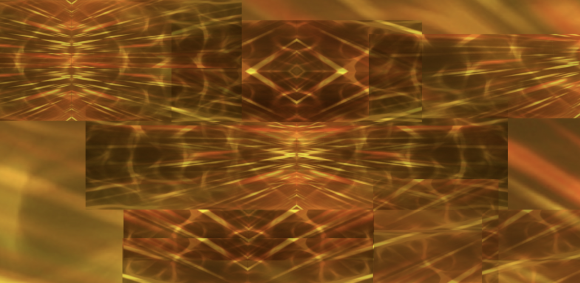To expand once more on the question of classifying, as psychological or otherwise, the considerations on this blog: there is an important difference in method. While our contemporary psychology adheres to the scientific method, the Jungian tradition is focused on understanding “the unconscious”; we might say that contemporary psychology is empirical, focuses on intersubjectively observable and verifiable data, and constructs theories which explain and predict such observations (since stable phenomena in this area are not typically found in individuals, but only in populations, such empirical research is predominantly statistical in nature) — whereas Jungian psychology is at its core really a philosophy of the unconscious. What does that mean?

The central phenomenon is that our personal psychological life is not fully (perhaps not even mostly) transparent to ourselves. Our “psychological life” here is shorthand for such phenomena as perceptions, thoughts, emotions, intuitions, memories, fantasies, and intentional behaviors; and that these are not fully transparent to ourselves — that they are, indeed, not fully under our control — means that any individual person frequently experiences disruptions of their conscious personality: puzzling perceptions, surprising thoughts, obstructive emotions, weird intuitions, unbidden memories, frightening fantasies, and unwanted behaviors that can become compulsive or obsessive. Since these experiences are not deliberate choices, they are in Jungian parlance assigned to “the unconscious”, which at first is simply a placeholder term for anything that might help us understand them. (It’s thus not exactly a well-defined term.)
(Obviously, when I say that Jungian psychology holds this view, I’m not denying that the basic focus on “the unconscious” is something the Jungian tradition inherited from earlier developments, particularly Freud and his precursors, who already used the idea of the unconscious in a similar way. However, in Freud’s own view this was still intended to be reduced into an empirical, scientific system; and that idea was abandoned, implicitly by Jung, and more explicitly by his followers. There can be no scientific account of “the unconscious”, and there will likely be no empirically based theory covering most of these phenomena. In the Jungian tradition, therefore, a major shift from empirical studies to conceptual work occurred, and if there is anything interesting to be learned here at all, it would result from such philosophical work.)
Now, if our individual, personal psychology is not entirely transparent to ourselves — is not fully under our own conscious control —, then it is a sensible assumption that there must be “factors”, themselves presumably psychological in nature, which can at times override or at least influence it. This is the first step of refining the placeholder notion of “the unconscious” into more specific ideas. Jung’s terminology for this first stage of refinement included the notion of patterns of psychological dynamics; such patterns recur recognizably (according to Jung, both in his own psychotherapeutic practice and in narratives received in myths, fairy tales, and the like). This kind of “pattern recognition”, however, is very fuzzy and not especially methodical. As Jung himself realized, it can only constitute a first attempt at collecting data; it might be a basis for drafting theories, but clearly could not be definitive by a long way.
(Again, there is a methodological difference between Freud and Jung here: whereas Freud, e.g. in his work on the “psychopathology of everyday life”, attempted to reduce the phenomenon to known factors rooted in biology and other empirically secured theories, Jung would generally withhold judgment on the question of coherence with existing scientific views and prefer speculation and development of his own conceptual formations. At least, this is true for his earlier work — in Jung’s later work, there is a marked tendency to try and construct connections with the revolutionary physics of his time, i.e. relativity and quantum theory. This certainly had some biographical background, particularly his personal acquaintance with Einstein and Pauli. But I think that anyway Jung was well aware that speculation, at some point, would have to be bound back to coherence with scientifically secured views. The time, however, seems not to have been ripe for this kind of connection: for this tendency did not result in anything but very, very vague allusion. To this day, any attempts to connect Jungian ideas with quantum theory and/or complexity theory — such as in Joseph Cambray’s book on synchronicity — remain tenuous at best.)
Still, it is this stage in theoretical development where Jung has made his most persistent contributions. His way of conceptual refinement of the placeholder notion (“the unconscious”) into a more specific level (“archetypal” patterns, recurring dynamics such as that of confrontation with the Shadow, the confusing emergence of the Anima, the interventions of Spirit aka the Wise Old Man, the Individuation Process towards the integral notion of the Self, and so on) is what has subsequently inspired much discussion and productive thought. To be sure, it is still very general, abstract, and fuzzy, and it also still carries much of the particular way of thinking Jung himself preferred. But at this stage, this is an advantage as much as it is a deficiency: it inspires work of further refinement.
Yet despite all this (or perhaps rather because of all this), the Jungian tradition has become stuck at this stage, too. There are still those same attempts to bind it all back to empirical science (mostly quantum theory, but also sometimes system and complexity theory), vague and uninformed parallels with Schopenhauerian and Spinozan metaphysics that appear to go nowhere, and most of all, endless retellings of mythological narratives which are assumed to be self-explanatory (it seems — for explications are rarely attached to them), but which in fact have become tedious and repetitive and nothing much besides. All this was already contained in Jung’s own writings — and it is questionable whether it has actually been developed any further into novel territories. It’s become stuck in the familiar.
Jung’s conceptual system, fertile as it has been, cannot be simply preserved as-is, and merely filled up with additional detail. There are methodological tensions in it which make it in the end unworkable, and some of its conceptual foundations perpetuate erroneous, narrow, and outdated ideas. (I have mentioned an example of this last week in the notion of the “objective” reality of the psyche.) There needs to be a major re-consideration of the basic framework of his ideas (not just the concrete names of “more archetypes”, inclusion of more mythological or anthropological detail, nor simply discussion of some current Zeitgeist phenomena superficially couched in Jungian terms). The line of conceptual thinking I have traced above — beginning from the central idea that our own psychological life is not transparent to us as conscious persons, and then resolving the placeholder notion of “the unconscious” — must be continued further than Jung’s still vague and abstract ones in terms of “archetypes” or “oppositions”. The goal, however, would not be to assimilate it to empirical methods either (which it can’t sustain), but rather to be more precise and stringent in the conceptual and speculative (i.e., philosophical) modes of thinking — something which is sufficiently the case neither in the scientifically-minded nor in the “archetypal” strands of Jungian thinking.



